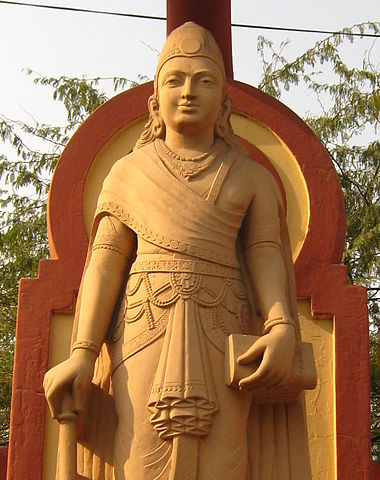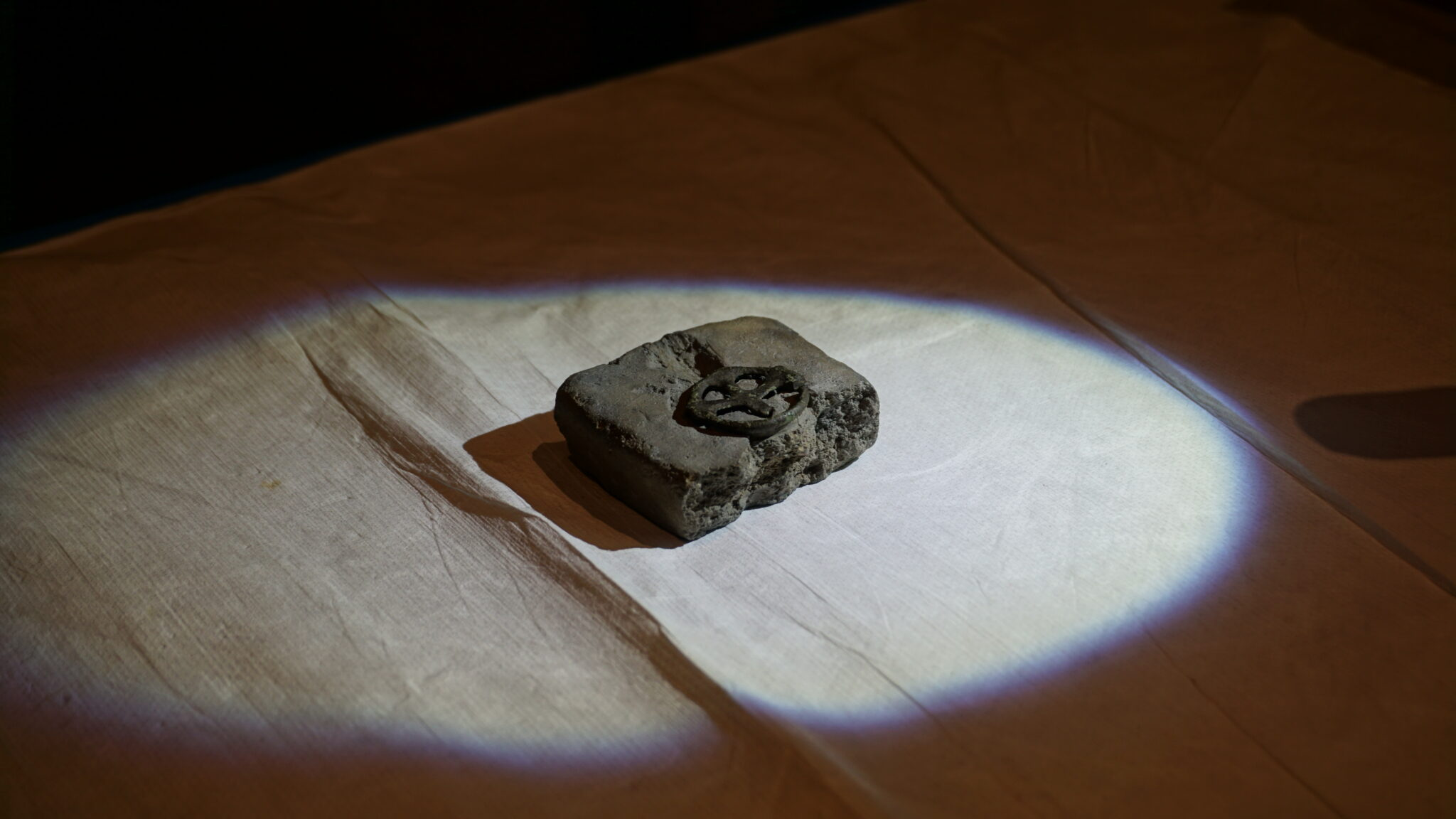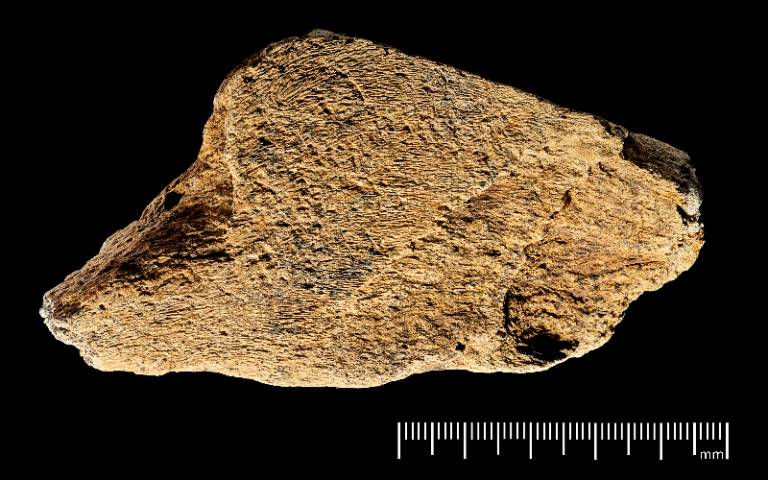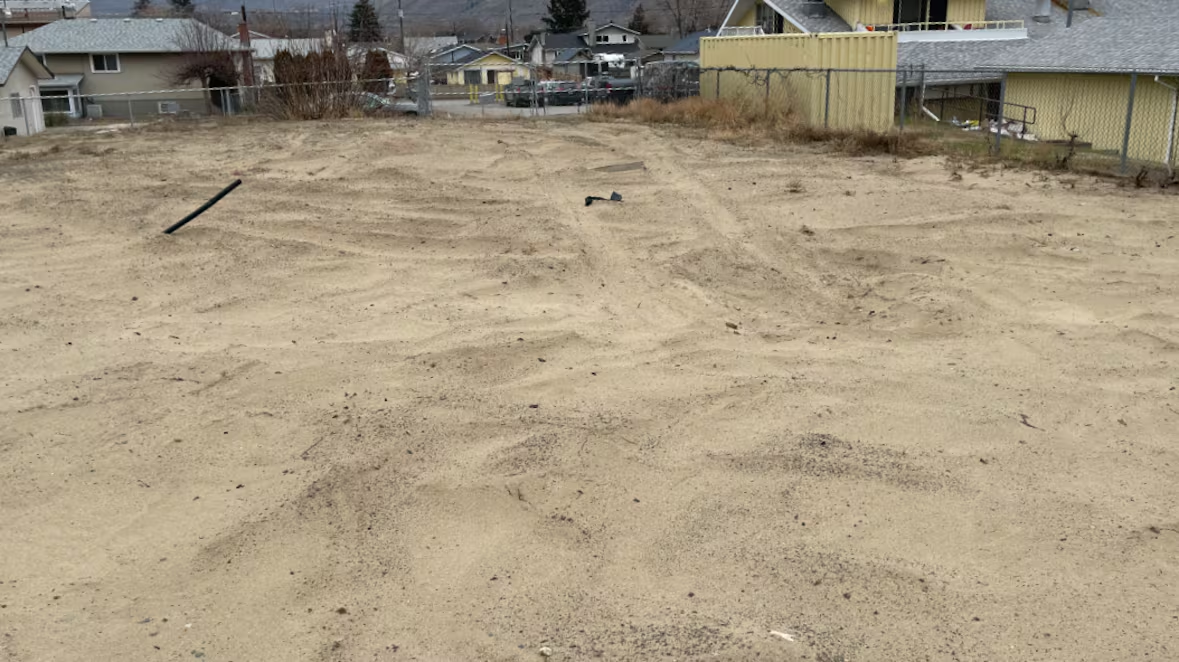Introduction
The Mauryan Empire (322–185 BCE) was one of the largest and most influential empires in ancient India, with its greatest ruler, Emperor Ashoka (r. 268–232 BCE), playing a pivotal role in the spread of Buddhism. Ashoka’s transformation from a ruthless conqueror to a patron of Buddhism reshaped the cultural and religious landscape of South Asia and beyond. This article explores Ashoka’s role in promoting Buddhism, his policies, and the lasting impact of his efforts.
Ashoka’s Early Reign and the Kalinga War
Ashoka inherited the Mauryan throne following the reign of his father, Bindusara, and grandfather, Chandragupta Maurya. Initially, his rule was marked by military expansion, the most significant being the conquest of Kalinga (present-day Odisha) around 261 BCE. The war resulted in massive casualties, with Ashoka himself lamenting the suffering he had caused. This event served as a turning point in his life, leading to his conversion to Buddhism.
Ashoka’s Adoption and Promotion of Buddhism
After witnessing the horrors of war, Ashoka embraced the principles of Buddhism, particularly the concepts of non-violence (ahimsa) and compassion. He became a devout follower of the Buddha’s teachings and actively sought to integrate Buddhist values into governance. His promotion of Buddhism took several key forms:
Edicts and Inscriptions: Ashoka commissioned rock and pillar edicts across his empire, inscribed with Buddhist teachings and moral directives. These edicts, written in Prakrit and Greek, emphasized dharma (righteousness), tolerance, and ethical governance.
State-Sponsored Missionary Efforts: Ashoka sent emissaries and missionaries to various regions, including Sri Lanka, Central Asia, and Southeast Asia. His son Mahinda and daughter Sanghamitta were instrumental in establishing Buddhism in Sri Lanka.
Monastic Support and Infrastructure: Ashoka funded the construction of stupas, viharas (monastic residences), and other religious structures, with notable sites including the Sanchi Stupa and Bharhut.
Religious Tolerance and Governance: Despite his dedication to Buddhism, Ashoka promoted religious tolerance, advocating for mutual respect among different faiths within his empire.
Impact of Ashoka’s Policies
Ashoka’s efforts had a profound and lasting impact on Buddhism:
Global Expansion: His missionary efforts facilitated the spread of Buddhism beyond India, influencing religious and cultural developments in Sri Lanka, Myanmar, China, and beyond.
Ethical Governance: Ashoka’s model of governance, based on dharma, influenced later Indian rulers and shaped the concept of a moral state.
Cultural Contributions: The architectural and literary contributions of Ashoka’s reign left an indelible mark on Indian and Buddhist heritage.
Conclusion
Ashoka’s role in the spread of Buddhism was transformative, shaping not only Indian civilization but also the broader religious landscape of Asia. His commitment to non-violence, ethical governance, and religious tolerance established Buddhism as a major world religion. The legacy of Ashoka’s reign endures, symbolizing the power of moral leadership in shaping history.







